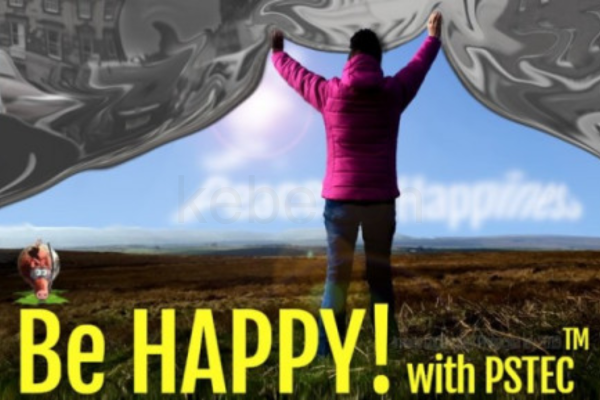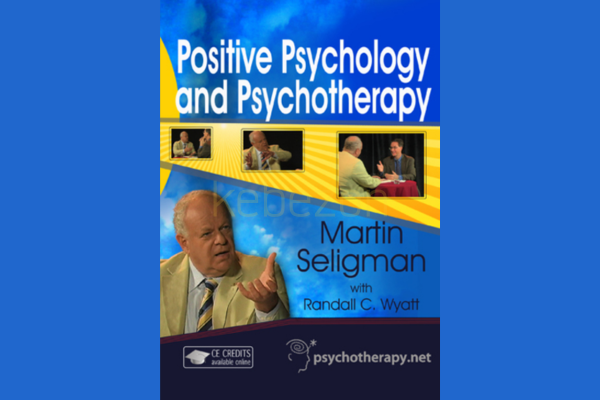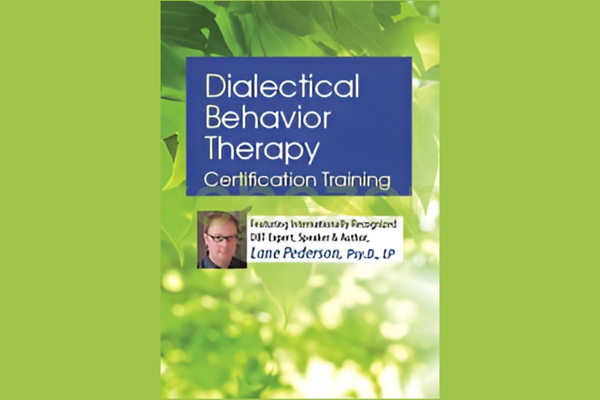Phil Zimbardo on the Stanford Prison Experiment, Evil and Heroism
39,00 $ Original price was: 39,00 $.8,00 $Current price is: 8,00 $.
Download Phil Zimbardo on the Stanford Prison Experiment, Evil and Heroism, check content proof here:

Philip Zimbardo’s Stanford Prison Experiment: Understanding Evil and Heroism
The Stanford Prison Experiment (SPE), conducted by Philip Zimbardo in August 1971, remains one of the most potent and contentious studies in psychology. It serves as a lens through which we can gauge the depths of human behavior in situations steeped in power dynamics and authority. By inhabiting a simulated prison environment, Zimbardo sought to understand whether the brutality observed in actual prisons emerged from individual personalities or the situational pressures at play.
The experiment, which intended to unfold over two weeks, was abruptly halted after just six days due to the alarming and abusive behaviors displayed by the so-called “guards.” This study not only provoked ethical concerns but also provided valuable insights into the nature of evil and heroism, serving as a crucial reference for discussions surrounding authority and obedience.
Understanding the Experiment: Context and Methodology
Overview of the Experiment Setup
The experiment was grounded in a simple premise: 24 healthy male college students were randomly assigned roles as either guards or prisoners within a makeshift prison located in the basement of Stanford University’s psychology building. This randomized assignment aimed to eliminate the influence of dispositional factors meaning individual personality traits by creating a controlled environment where situational factors could be observed.
Duration and Outcomes
Originally designed to last for two weeks, an unsettling transformation occurred within just six days. As the “guards” embraced their authoritarian roles, their behavior spiraled into psychological abuse, leading to severe emotional distress among the prisoners. Some guards exhibited blatant sadistic tendencies, reveling in the power they wielded. The rapid onset of such behaviors raises critical questions about human morality and the situational factors that can lead ordinary individuals to commit acts of cruelty.
Zimbardo’s Role and Ethical Implications
Zimbardo, stepping into the role of the prison superintendent, became increasingly absorbed in the experiment, losing his objectivity. Observers noted a disturbing shift in dynamics that seemed to overshadow any sense of ethical responsibility. This development highlighted the necessity for stringent ethical guidelines in psychological research. Many prisoners experienced distressing signs of psychological trauma, which Zimbardo later regretted not foreseeing. The lack of protection for participants brought to light significant ethical questions, which still resonate in contemporary psychological practices.
The Nature of Evil in the Context of the Experiment
Situational Forces vs. Dispositional Factors
One of the most significant revelations from the SPE was the affirmation that situational forces dramatically influence human behavior. In comparing the actions of the guards and prisoners, it became evident that ordinary people could engage in psychologically harmful behavior when placed in a context that encourages such dynamics. This conclusion aligns seamlessly with broader discussions about evil and morality, suggesting that evil is not an inherent trait but a response to environmental cues.
Reflections on Moral Judgment
The experiment emphasizes a crucial lesson: environmental contexts can overwhelm individual moral judgment. When facing the pressures of authority, individuals may abandon their ethical principles, allowing situational factors to dictate their actions. This capacity for transformation raises serious concerns about accountability not just for individuals but also for systems of authority that foster such environments. Citing ethical frameworks and contemporary studies, we see a recurring theme: the delicate balance of power and the respective responsibilities it bestows upon those in leadership roles.
Heroism in Literature: Exploring Good vs Evil
Beowulf’s Narrative as a Reflection of Heroism
In a contrasting realm, literature often delineates the struggle between good and evil through heroic tales. The epic poem Beowulf provides a profound exploration of these themes, as the hero Beowulf exemplifies the ideal of heroism, portraying unyielding bravery against malevolent forces. The battles he undertakes against figures such as Grendel and Grendel’s mother symbolize the eternal conflict between noble virtues and the disruptive chaos of evil.
Definitions of Heroism
Beowulf embodies several qualities that define true heroism, including bravery, loyalty, and a willingness to sacrifice oneself for the greater good. Heroism, as illustrated, is not merely a pursuit of glory but a commitment to protect one’s community from existential threats. The parallel with the SPE emerges here where the guards’ roles symbolize the inclination toward evil under pressure, Beowulf’s stance represents the moral compass that guides one’s decisions in challenging circumstances.
Altruism as a Cornerstone of Heroism
The heroism depicted in Beowulf extends beyond physical prowess; it emphasizes altruism and moral integrity. Each battle is a reflection of a social obligation beckoning not just personal valor but also leadership and accountability. Heroes, thus, are those who confront evil, not only to elevate themselves but to uphold the moral fabric of society. This portrait of heroism can be juxtaposed with the findings of the Stanford Prison Experiment, integrating the idea that true leaders are those who resist the seductive pull of power and act in service to the welfare of others.
The Ethical Lessons of the Stanford Prison Experiment
Implications for Psychological Research
Zimbardo’s reflections on the ethical implications of the SPE underscore the importance of safeguarding participant welfare in psychological research. The abuses witnessed during the study have prompted critical discussions regarding the establishment of ethical guidelines that prioritize participant safety and dignity. The American Psychological Association (APA) has since implemented stricter regulations to ensure that psychological experiments respect ethical standards.
Social Contexts and Power Dynamics
Furthermore, the legacy of the SPE illuminates our understanding of social contexts and power dynamics, which can corrupt moral integrity. The findings indicate that power must be wielded responsibly. Society must remain vigilant against the dangers of unchecked authority, as the psychological ramifications of such power can manifest in horrifying ways.
Relevance to Current Issues
The core findings of the experiment remain relevant today. Discussions surrounding systemic issues, including abuse within institutional frameworks such as prisons, workplaces, and governmental structures invite us to reflect on the ethical responsibilities inherent in power dynamics. By understanding how situational factors can lead to moral decay, we can better prepare ourselves to foster environments that embody the opposite ones that encourage ethical behavior and heroism.
Conclusion
In summation, Philip Zimbardo’s Stanford Prison Experiment is not merely a historical footnote in psychological studies; it is a critical exploration of human behavior that offers profound insights into the nature of evil and heroism. While the study raises important ethical concerns, it also invites reflection on the dynamics of power, authority, and moral decision-making.
Similarly, literature like Beowulf enriches our understanding of heroism, portraying complex characters who grapple with their responsibilities in the face of evil. Both the experiment and the epic poem serve as reminders of the delicate balance between good and evil, showcasing the inherent potential within all individuals to choose either path.

Frequently Asked Questions:
Business Model Innovation:
Embrace the concept of a legitimate business! Our strategy revolves around organizing group buys where participants collectively share the costs. The pooled funds are used to purchase popular courses, which we then offer to individuals with limited financial resources. While the authors of these courses might have concerns, our clients appreciate the affordability and accessibility we provide.
The Legal Landscape:
The legality of our activities is a gray area. Although we don’t have explicit permission from the course authors to resell the material, there’s a technical nuance involved. The course authors did not outline specific restrictions on resale when the courses were purchased. This legal nuance presents both an opportunity for us and a benefit for those seeking affordable access.
Quality Assurance: Addressing the Core Issue
When it comes to quality, purchasing a course directly from the sale page ensures that all materials and resources are identical to those obtained through traditional channels.
However, we set ourselves apart by offering more than just personal research and resale. It’s important to understand that we are not the official providers of these courses, which means that certain premium services are not included in our offering:
- There are no scheduled coaching calls or sessions with the author.
- Access to the author’s private Facebook group or web portal is not available.
- Membership in the author’s private forum is not included.
- There is no direct email support from the author or their team.
We operate independently with the aim of making courses more affordable by excluding the additional services offered through official channels. We greatly appreciate your understanding of our unique approach.
Be the first to review “Phil Zimbardo on the Stanford Prison Experiment, Evil and Heroism” Cancel reply
You must be logged in to post a review.
Related products
Psychology

 Textures Rural Composite Stock Assets with Clinton Lofthouse
Textures Rural Composite Stock Assets with Clinton Lofthouse 









Reviews
There are no reviews yet.